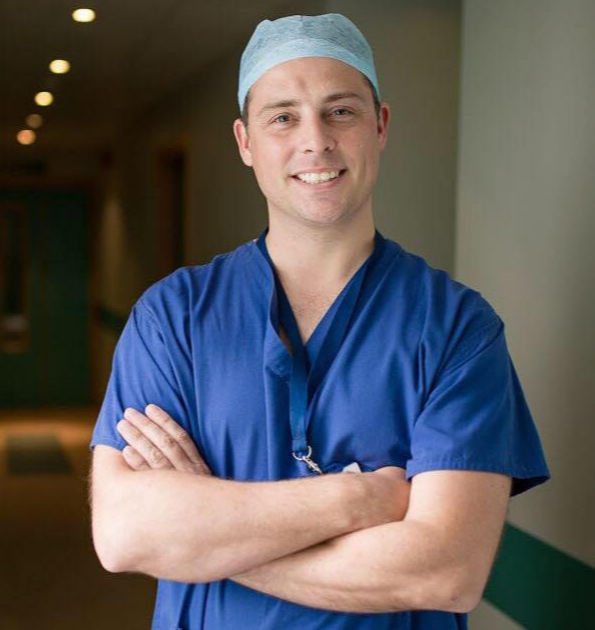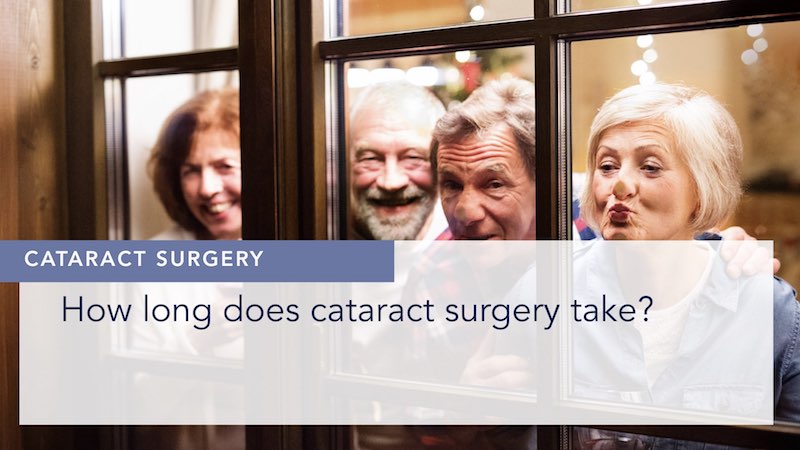Interview transcription:
We asked Alex Shortt about the best time to have cataract surgery.
Interviewer: When should someone have cataract surgery?
Alex Shortt: That is a tough question, and it’s also really controversial. The reason why it’s controversial is that different measures exist between the NHS and private care.
The NHS has to put measures in place that dictate when it’s genuinely necessary for you to be added to the waiting list for cataract surgery. An approximate level that the NHS uses is that if you’re losing your driving vision, even with the use of glasses, then cataract surgery will be offered to you on the NHS.
However, in my personal opinion, waiting until your driving vision is affected, or waiting until you cannot see properly, is way too long to wait for cataract surgery. If you’re starting to develop symptoms of cataracts, if your glasses prescription is changing, or if your vision is unstable, it is appropriate to seek an opinion as to whether or not cataract surgery should be performed.
The first sign of a change in the lens is that we begin to lose our reading vision, and we have to hold things further and further away. While that’s not a symptom directly of cataracts, it’s a symptom of the lens of the eye beginning to age, and losing its focusing ability. That’s going to happen to all of us, it’s going to happen to me, and it will happen to you.
It is a process called presbyopia, it’s not cataracts, but it’s the first sign of ageing of the lens of the eye. Many people choose to come and see us when they first notice this. We can then discuss cataract surgery with them at this stage.
Even though it’s almost like they have pre-cataract, we very often – if they don’t want to wear reading glasses – will do cataract surgery at that time and use a sophisticated multi-focal lens implant to correct both the distance vision, the intermediate computer and TV vision, and also the reading vision. 95% of those treated will never need glasses again.
Interviewer: So it’s like a two in one or a three in one?
Alex Shortt: Absolutely. Some people call this refractive lens exchange. Other people call it pre-cataract surgery. Effectively it is cataract surgery, as its the exact same operation, but before the full development of cataract.
Now we would never do it on a young person who has an entirely transparent lens and is focussing, that would be crazy. But if you’re starting to see that your reading vision is deteriorating, you are beginning the slippery slope of lens aging. Eventually, that will develop into a full-on cataract.
If you’d like to know more about vision corrective surgery, book a free initial screening today and I will personally answer your questions. Alternatively, take our free suitability quiz to find out which treatment you are suitable for.

About the author
Mr Alex J. Shortt | Consultant Ophthalmic Surgeon
MB BCh MSc PhD FRCOphth PGDipCatRef
I’m Alex Shortt, a highly trained academic researcher and Consultant Ophthalmic Surgeon based in London’s famous Harley Street medical district. I trained and worked as a consultant for 14 years at London’s Moorfields Eye Hospital. I specialise in advanced technologies for correcting vision, including cataract surgery, implantable contact lenses and laser vision correction.






